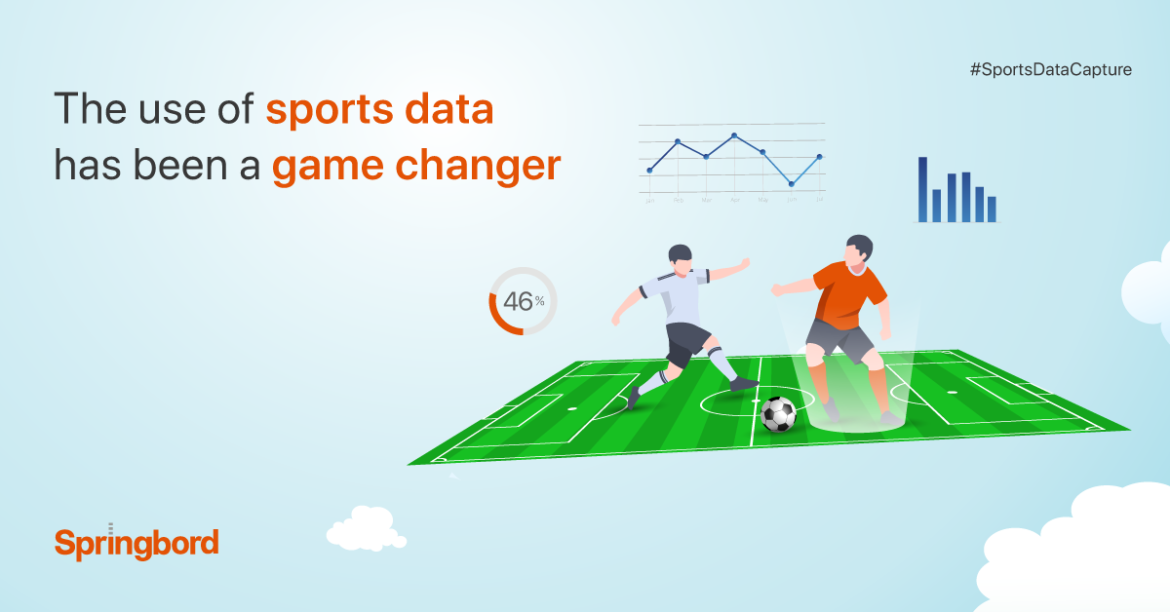M
E
N
U
Big data is transforming the business of sports. From individual to team performance to athletes’ health to predicting scores and moves, the increasingly innovative use of data within sports is helping businesses drive deeper engagement with fans and stay ahead of the competition. Tracking and measuring team or individual performance over time may promise to
In 2020 the sports betting market generated a revenue of $1 billion in the U.S. which is estimated to increase by six times by 2023. Apart from the rapid rise of online sports betting, both individual and team sports have become aggressively competitive. Given the rapidly growing fan base, deeper engagement and extensive amount of
Whether it is football, baseball, cricket, basketball, or formula 1, every professional sport today has become highly competitive, where even the smallest of change can impact the entire course/outcome of the game. From hard-core loyal fan base to seasonal followers every enthusiast is looking for more and detailed information related to performance and surrounding events
The business model of sports has changed worldwide. Professional sports bodies are grappling with the issues of falling attendance, viewership and advertising revenues. Even the sporting leagues and their star players are unable to leverage their followers and fan base to turnaround their situation. With the sustainability of this model raising questions, the sporting industry
“People in both fields operate with beliefs and biases. To the extent you can eliminate both and replace them with data, you gain a clear advantage” – A quote by Michel Lewis, from his book Moneyball. The Art of Winning an Unfair Game. A book (and subsequent movie) about Billy Bean, the Executive Vice
- 1
- 2







